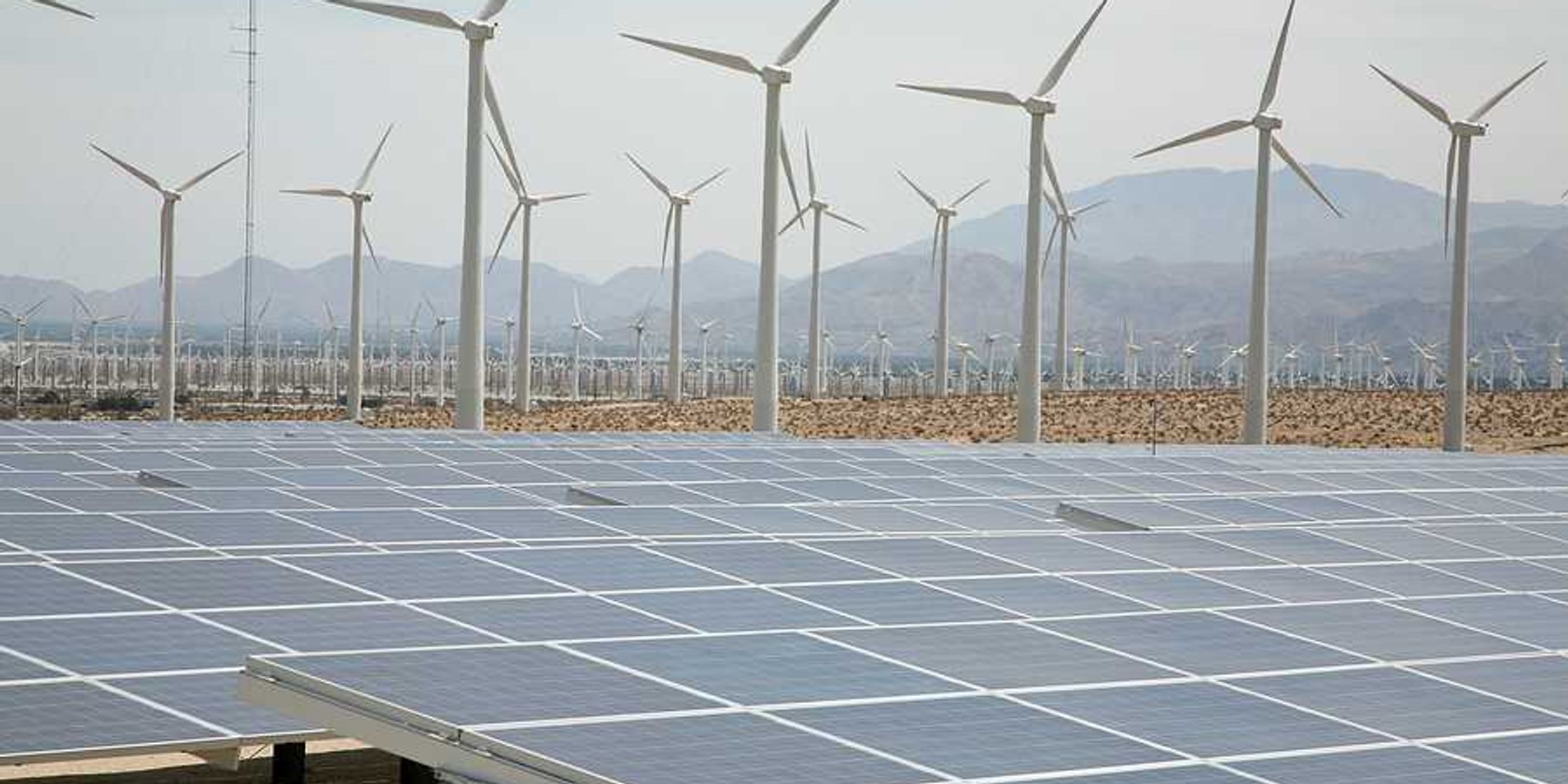biomass
Georgia regulators to vote on controversial biomass energy plan
Georgia Power's proposal to burn wood for energy has sparked debate over costs and pollution ahead of a key vote by state regulators.
In short:
- The Georgia Public Service Commission will vote on a proposal to add 80 megawatts of biomass-fueled power, with critics citing pollution and high costs.
- Environmental groups and consumer advocates argue the plan will lead to higher electricity bills, with costs estimated to be several times higher than other new energy sources.
- Supporters, including the Georgia Forestry Association, claim the biomass plan offers economic benefits and helps manage tree debris from storms like Hurricane Michael.
Key quote:
“The price of one unit of energy from the Altamaha PPA, it looks like it’s well over three times the avoided cost, or the economic value of a unit of this energy.”
— Aradhana Chandra, attorney with the Southern Environmental Law Center
Why this matters:
The decision could set a precedent for future energy projects in Georgia, affecting both environmental outcomes and utility costs for residents.
For more:
Transforming excess carbon into bio-oil
A company aims to reverse the carbon cycle by converting biomass into bio-oil and storing it underground to fight climate change.
In short:
- Charm Industrial, a startup, is experimenting with turning agricultural waste into bio-oil through a process called pyrolysis.
- The company then stores this bio-oil in underground wells, mimicking natural fossil fuel formation but in reverse.
- Despite technical challenges, Charm has started collaborating with major tech companies for carbon storage solutions.
Key quote:
“All through my career, I’ve helped industries deal with the things that come out of the back side of a plant that nobody wants to talk about.”
— Monte Markley, geologist from Wichita, Kansas
Why this matters:
Reversing the carbon cycle can significantly reduce atmospheric CO2 levels, essential for combating global warming.
If implemented on a large scale, this technology has the potential to significantly reduce greenhouse gas emissions, helping to mitigate the effects of climate change. In addition, the use of biomass for bio-oil production promotes the sustainable management of organic waste materials, turning potential pollutants into valuable resources.
Related EHN coverage:
Why humans are putting a bunch of 'coal' and 'oil' back in the ground
Firelighters ‘hidden culprit’ behind black carbon air pollution, study finds
Previously unknown health and climate effects from firelighters exposed by researchers from Ireland, China and India.
Demonstrators gather outside Enviva's Raleigh office to protest wood pellet industry
Crowned with colorful hats, their aprons studded with protest buttons, a half dozen members of the Raging Grannies charmed their way past security — “we’re just going to our cars” — and took an elevator to Suite 1020 of the Bank of America building in midtown Raleigh.
Can 'untested' carbon removal technology BECCS deliver?
Vermont solar advocates push for more aggressive renewable energy goals
Solar energy advocates on Wednesday called for Vermont to adopt more aggressive renewable-energy goals to ensure the state does its part to fight climate change.









